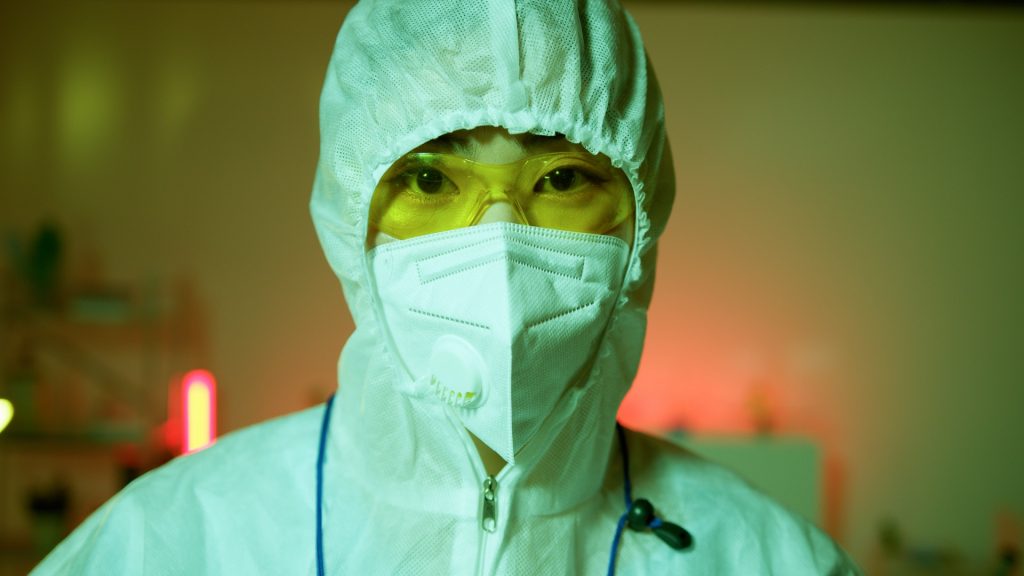
Researchers have developed a way to quickly disinfect and electrostatically recharge used N95 respirators, restoring their effectiveness against COVID and other airborne diseases.
In their study published in Environment Science & Technology, the University of South Florida (USF) team showed their sterilisation technology could restore an N95 respirator’s original filtration efficiency of about 95 percent, even after 15 cycles of treatment. The technology fights coronavirus by using corona discharge, an electrical technique which simultaneously deactivating pathogens on a mask and restoring its electrostatic charges. It doesn’t require heat, or chemicals or contact, making it safe and convenient to use. It is safer than ultraviolet (UV) radiation and uses little electricity.
As well as restoring protection, the corona discharge treatment can reduce the impact of used masks on the environment. In a report by OceansAsia, a marine conservation organisation, 1.56 billion face masks polluted the oceans in 2020 and will likely take more than 450 years to fully decompose. The researchers say the technology will limit mask consumption to dozens each year instead of hundreds.
“It is a reduction of 90 percent for each user. If we assume that 10 percent of the population all over the world takes advantage of corona discharge mask reuse technology, there will be four- five billion fewer masks disposed to the environment,” said project lead Ying Zhong, assistant professor in the USF Department of Mechanical Engineering. “It will reduce at least 24 million tons of plastic pollution and reduce the amount of chemicals used for mask disinfection and avoid their environmental impact.”
“Despite the challenging conditions of the pandemic, this was the most thrilling project that I have ever worked on. We wish our research advances the understanding of how corona discharge disinfection can be turned into products on the market as soon as possible,” said co-project lead Libin Ye, assistant professor in the USF Department of Cell Biology, Molecular Biology and Microbiology.
The researchers are now working to develop this technology into products for hospitals and use by the general public, including handheld sterilisation devices.
Source: EurekAlert!

